The debate between butter and margarine has been going on for decades—but which one is truly the better choice for your health?
What Is Butter?
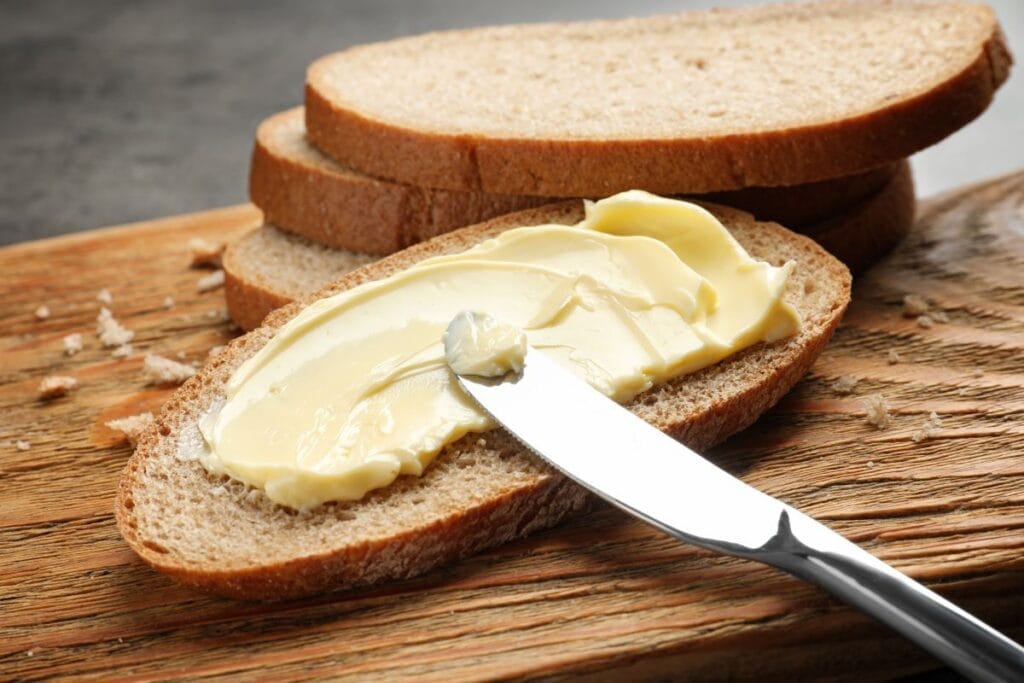
Butter is a natural dairy product made by churning cream, separating the fat from the buttermilk. It consists of about 80-82% fat, primarily saturated fat, and is a rich source of vitamins A and K2, which play a crucial role in vision, bone health, and heart function.
What Is Margarine?
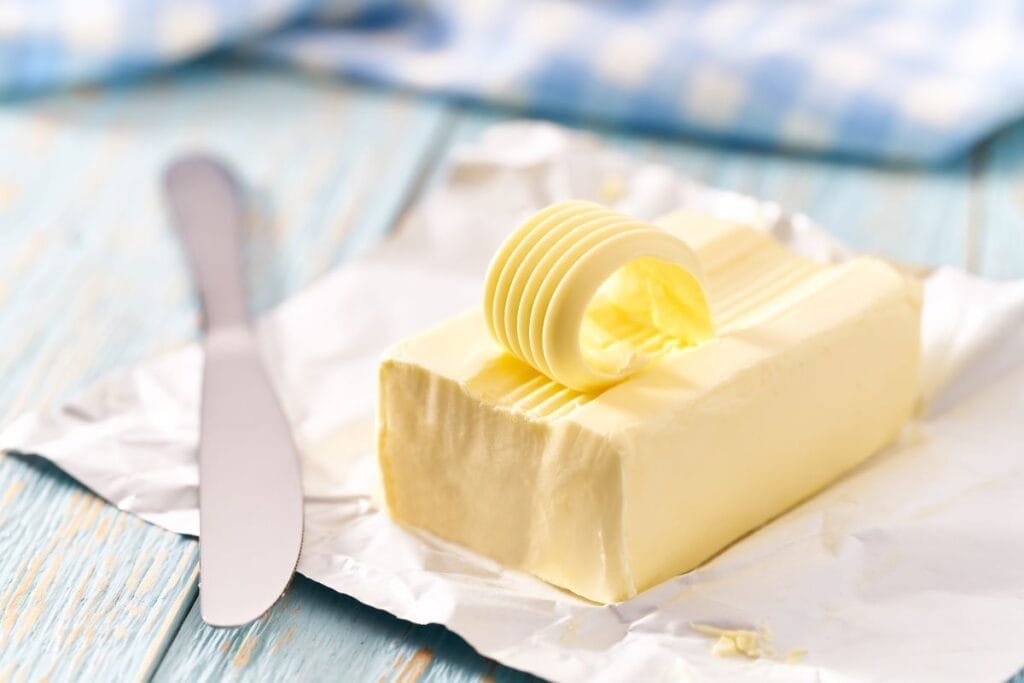
Margarine was originally developed as a cheaper alternative to butter and is made from a blend of vegetable oils, water, emulsifiers, and flavorings. Unlike butter, margarine typically contains less saturated fat and is often fortified with vitamins such as A and E.
Butter: High in Saturated Fat
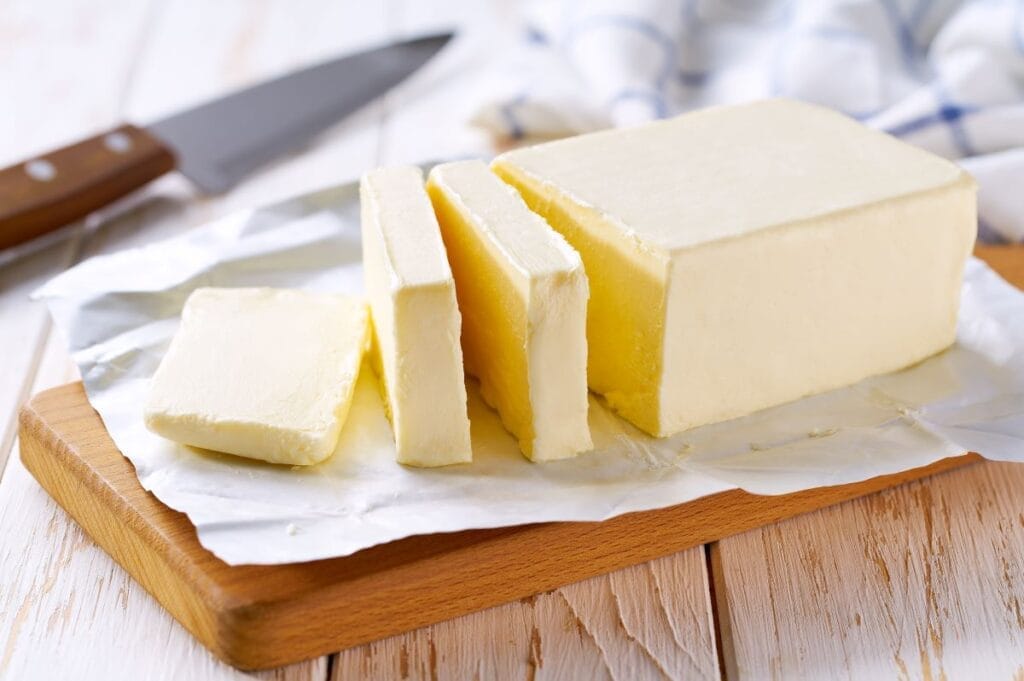
One of the biggest nutritional differences between butter and margarine is fat content. Butter is primarily composed of saturated fats, which, when consumed in excess, can raise LDL cholesterol (the “bad” cholesterol) and potentially increase the risk of heart disease.
Margarine: Lower in Saturated Fat but High in Omega-6

Margarine generally contains less saturated fat than butter, making it a potentially heart-friendlier choice. However, some margarine products are high in omega-6 fatty acids, which, in excess, may contribute to inflammation in the body. Choosing a margarine with a balanced ratio of omega-3 to omega-6 fatty acids is key to maximizing health benefits.
Nutrients in Butter
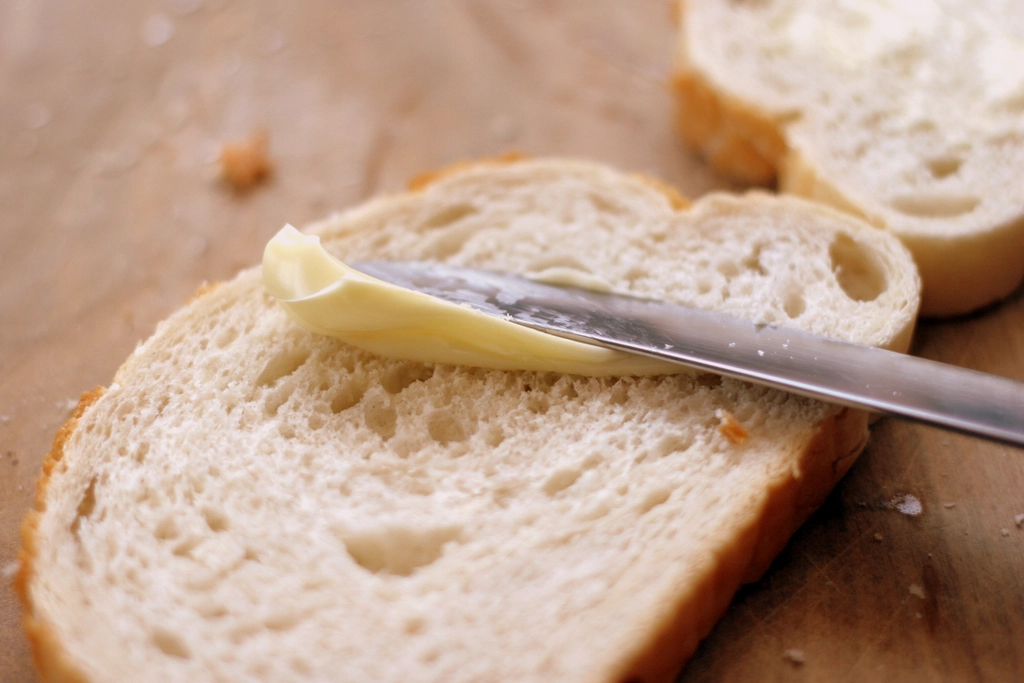
Beyond fat content, butter also provides important nutrients. It’s a natural source of vitamin A, which supports eye health and immune function, and vitamin K2, which plays a role in calcium metabolism and cardiovascular health. Additionally, butter contains conjugated linoleic acid (CLA), a type of fat that some studies suggest may have potential heart-protective benefits.
Nutrients in Margarine
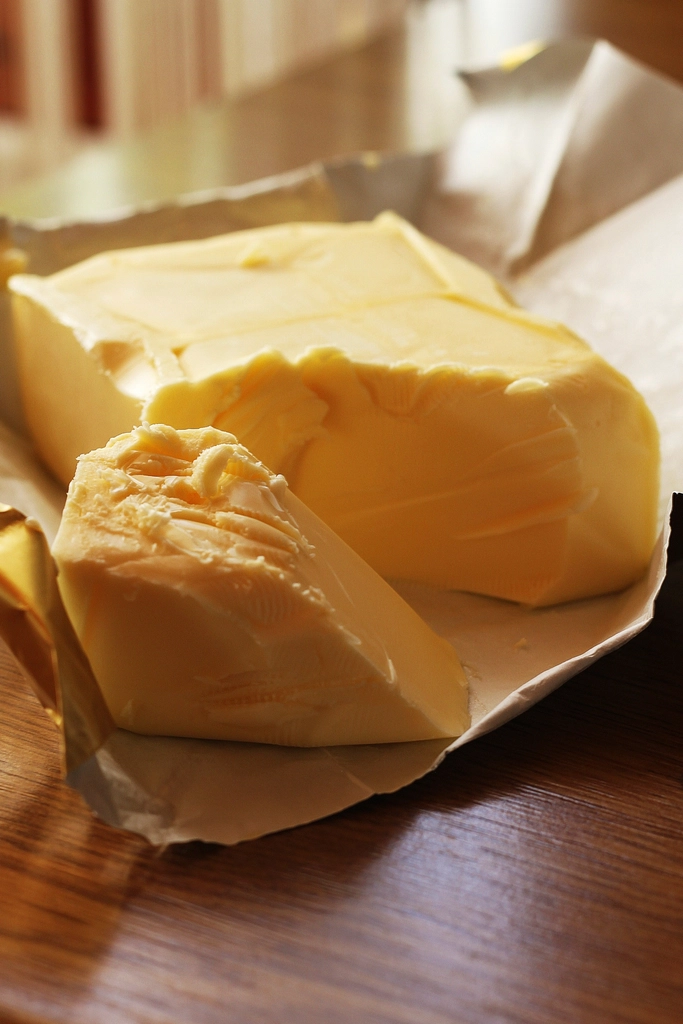
Many modern margarine products are fortified with vitamins such as A and E, which support skin health, immune function, and overall well-being. Unlike butter, margarine is primarily composed of unsaturated fats, which are generally considered healthier for the heart. However, the processing methods used to create margarine can introduce additives or preservatives, which some consumers may prefer to avoid.
Calories and Fat Content: How Do They Compare?
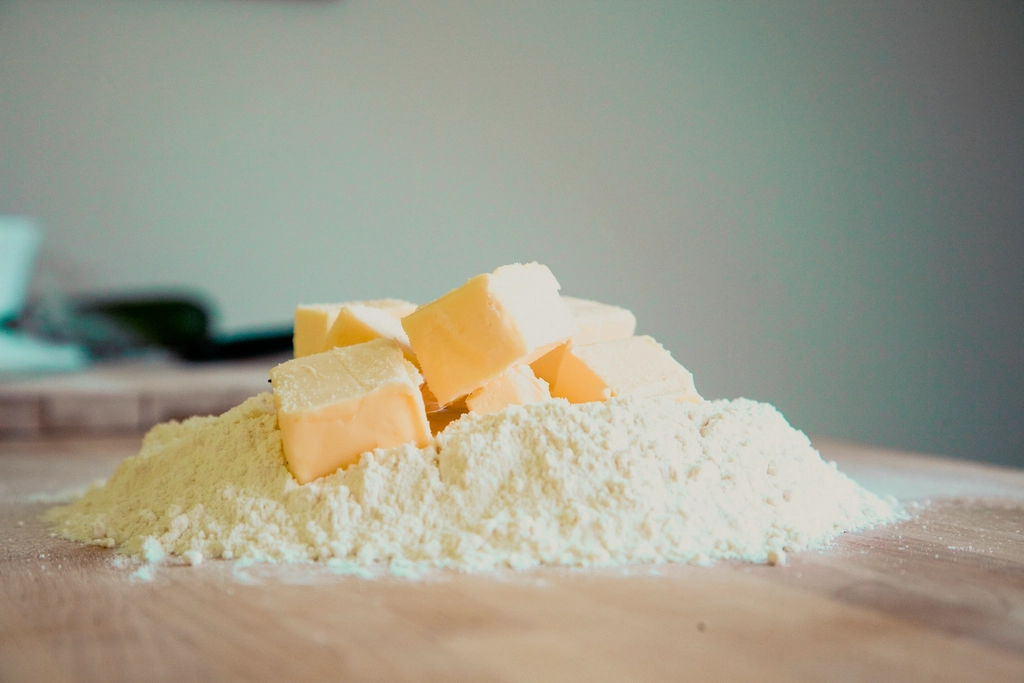
When it comes to calories, butter is more energy-dense, containing approximately 102 calories per tablespoon, whereas margarine has about 85 calories per tablespoon. Butter also has a significantly higher proportion of saturated fat, while margarine is richer in unsaturated fats, which are often recommended for heart health.
Taste and Culinary Uses

Butter is widely regarded for its rich, creamy taste and ability to enhance the flavor of both savory and sweet dishes. It is a favorite ingredient in baking, as it contributes to flakiness and a satisfying texture. Margarine, on the other hand, tends to have a lighter consistency and can sometimes contain more water, which may affect the outcome of baked goods. Some margarine products also have added flavors or emulsifiers to mimic butter’s taste.
Which One Should You Choose?

The choice between butter and margarine largely depends on your dietary needs and personal health goals. If you are trying to reduce your intake of saturated fat, margarine might be a better option—especially varieties made from heart-healthy oils. However, if you prioritize natural ingredients and enjoy the full flavor of butter, it can still be part of a balanced diet when consumed in moderation.
Healthier Alternatives to Both
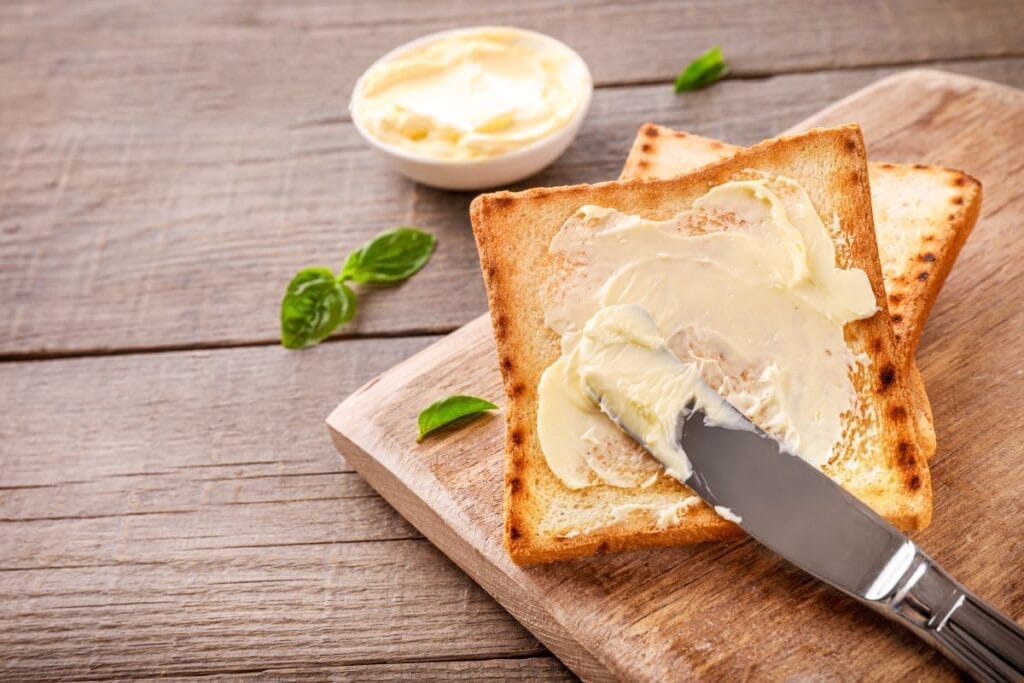
For those looking to avoid both butter and margarine, there are other healthy fat sources to consider. Olive oil, avocado, and nut butters provide beneficial unsaturated fats, along with additional nutrients that support overall health. These alternatives can be excellent choices for spreading on toast, cooking, or even baking in some cases.
The article is based on information from Health.
